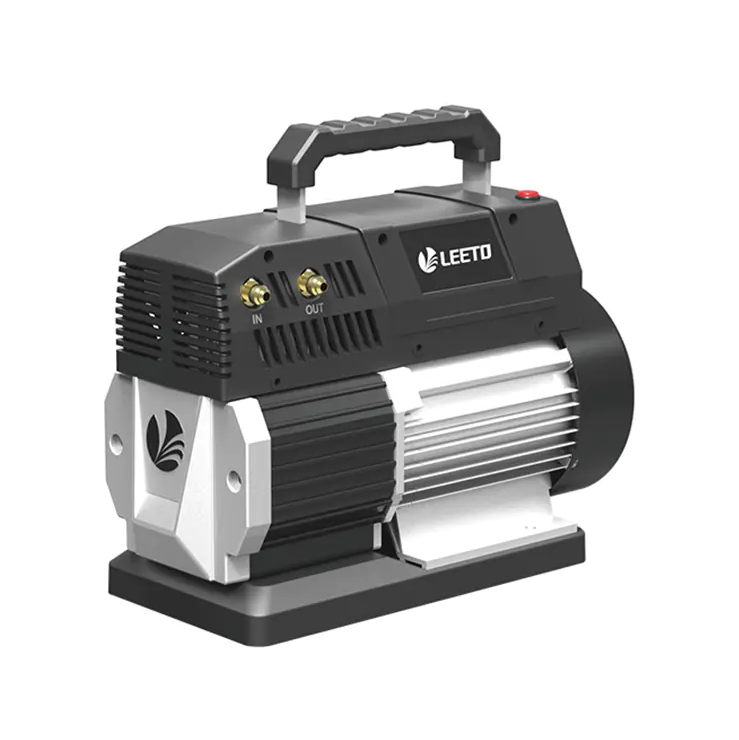Maintaining a consistent temperature is crucial for cold storage facilities, and a cooling machine for cold storage plays an essential role in this process. These machines regulate temperature, prevent spoilage, and support energy efficiency. Modern cooling machines are designed to handle varying storage sizes, providing flexibility for warehouses, food storage centers, and pharmaceutical facilities.
Cooling machines operate using refrigeration cycles that remove heat from the storage area. They typically include components such as compressors, condensers, evaporators, and expansion devices. The compressor circulates refrigerant, while the evaporator absorbs heat, keeping the interior at the desired temperature. Proper maintenance of these machines ensures reliable performance and prevents temperature fluctuations.
Energy efficiency is an important consideration when selecting a cooling machine. Machines with adjustable controls can maintain consistent temperatures while reducing energy consumption. Additionally, proper insulation of cold storage areas enhances performance by minimizing heat transfer from the surroundings. Regular inspections of compressors, fans, and refrigerant levels are recommended to prevent unexpected failures.
The installation of a cooling machine requires careful planning to optimize airflow and maintain even temperatures throughout the storage space. Placement of air vents, temperature sensors, and alarms can improve monitoring and provide early warnings of potential issues. With the right setup, these machines maintain product quality, reduce waste, and extend the storage life of perishable goods.
A cooling machine for cold storage is not only a functional requirement but also a tool for operational efficiency. By maintaining stable temperatures, these machines protect inventory, support compliance with safety regulations, and contribute to overall cost savings. Choosing a machine suitable for the specific storage size and type of products ensures consistent performance.

